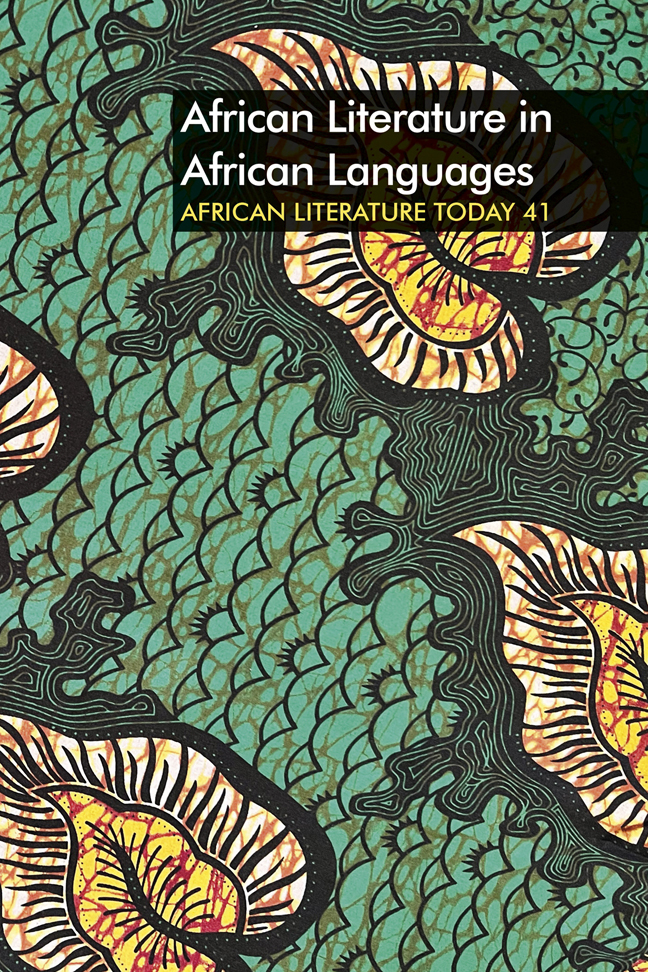The Swahili Mtapta: Exploring Translation in Abdulrazak Gurnah's Paradise
Published online by Cambridge University Press: 22 February 2024
Summary
In Abdulrazak Gurnah's novel, Paradise, a column that includes a German colonial officer and his chief askari (soldier) enters Chatu's town in Manyema land, hundreds of miles from the East African coast. The chief askari, who is fluent in Kiswahili, translates a complaint by Uncle Aziz, an unscrupulous merchant, whose goods he claims were stolen by Chatu. Chatu is summoned, and we have a fantastic linguistic performance where ‘the chief askari translated the European's words for Chatu, and Nyundo translated the askari's words for the merchant’ (170). All this takes place while Chatu is distracted by the physique of the German officer, who is a ‘red man with hair growing out of his ears’ (170) who, he believes, eats metal. During this performance, Nyundo, the man that the column depends upon for translation, shouts out what everyone is saying and enjoys the cheers from the crowd. He is in his element.
A few days prior to that, he had struggled to convey what he was meant to and was looked at with suspicion and mistrust by all those who depended on his ‘voice’. Nyundo is the translator. He understands most of the Bantu languages spoken in the area where they are trying to trade, hence when the caravan arrives in Chatu's land, he has to accompany them to see the chief, but ‘the men teased him that he was making up the translations as he went along’ (155). He is a reflection of the old adage, ‘traduttore, traditore’, ‘translator, traitor’. Nyundo often struggles with the task of bringing across the full depth of context, meaning and emotions carried in the original utterances. He struggles to deliver everyone's words and finds himself at the centre of conversations and debates where all sides are suspicious of him. It is also implied that he is abbreviating and omitting original statements for he ‘spoke for only a few moments to Chatu's minutes’, effectively displaying loss in translation. He also struggles to deliver everyone's words hence all are suspicious of him. It is hard for him to remain objective as a translator; for example, following the beating that he endured under the caravan overseer, Mnyapara, he holds a grudge and divulges this to Chatu, the chief, who then orders that Mnyapara gets beaten almost to death.
- Type
- Chapter
- Information
- African Literature in African Languages , pp. 26 - 37Publisher: Boydell & BrewerPrint publication year: 2023

